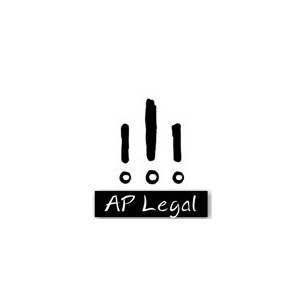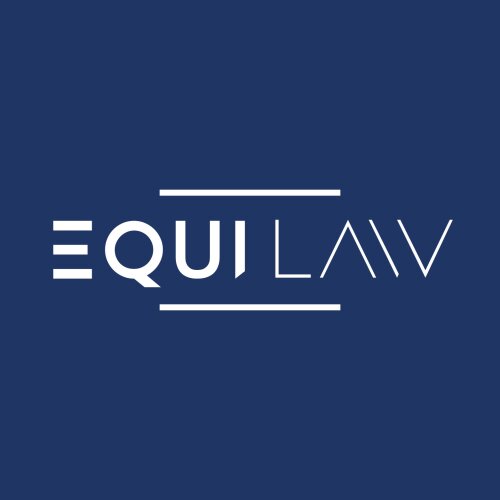Best Creditor Lawyers in Suva
Share your needs with us, get contacted by law firms.
Free. Takes 2 min.
List of the best lawyers in Suva, Fiji
About Creditor Law in Suva, Fiji
The field of Creditor Law in Suva, Fiji revolves around managing debts, as well as the rights and responsibilities of both the debtor and the creditor. Fiji's legal framework is influenced by English Common Law and the principle of fairness is central to creditor-debtor relations. The legal system ensures that creditors can rightfully claim their debts while ensuring debtors' rights are equally safeguarded.
Why You May Need a Lawyer
If you're a creditor, you might need help in recovering debts or taking legal action against a defaulter. Similarly, as a debtor, you may need attorney assistance for debt restructuring, bankruptcy filing, or if you believe that your rights have been violated. Lawyer's expert advice can be pivotal in such circumstances as they understand the local laws well and can guide you through the complex processes involved.
Local Laws Overview
Fiji’s Bankruptcy Act and Fair Trading Act establishes the majority of the regulations in relation to Creditor Law. The main provisions that creditors should bear in mind include the right to pursue debts fairly but without undue harassment. Realizing of security, bankruptcy, and debt restructuring may be necessary, and are governed by these laws, which also provide measures to protect debtors from unlawful practices and undue hardship. Adequate knowledge of these laws is important when dealing with debt issues.
Frequently Asked Questions
1. How long can a creditor pursue a debt in Fiji?
In Suva, Fiji, creditors have six years from the date of debt to take legal action to recover their money, according to the Limitation Act.
2. What is a secured creditor?
A secured creditor is a lender or business entity that has a claim on a debtor's specific property or asset for repayment of loan or services provided.
3. What’s the difference between secured and unsecured debts?
Secured debt is tied to a specific asset while unsecured debt is not. Failure to repay secured debt means the creditor can take the asset, whereas unsecured debt has no physical asset at risk.
4. Can bankruptcy clear all my debts?
Not all debts may be dischargeable through bankruptcy. Some non-dischargeable debts include certain taxes, student loans, child support and alimony obligations.
5. What are the legal actions that creditors can take against a debtor?
Legal actions can range from filing a lawsuit to enforcement of a judgement, garnishment, obtaining a charging order on the debtor’s property, or invoking the bankruptcy process.
Additional Resources
You might consider contacting the Fiji Law Society, Legal Aid Commission, or the Consumer Council of Fiji for additional support or information on Creditor Law.
Next Steps
If you need legal assistance, it is advised to hire a lawyer specializing in Creditor Law. Prepare all relevant documentation and make sure to outline your case in detail for your attorney. This is essential in facilitating the process and helping the lawyer provide the best legal counsel for your situation.
Lawzana helps you find the best lawyers and law firms in Suva through a curated and pre-screened list of qualified legal professionals. Our platform offers rankings and detailed profiles of attorneys and law firms, allowing you to compare based on practice areas, including Creditor, experience, and client feedback.
Each profile includes a description of the firm's areas of practice, client reviews, team members and partners, year of establishment, spoken languages, office locations, contact information, social media presence, and any published articles or resources. Most firms on our platform speak English and are experienced in both local and international legal matters.
Get a quote from top-rated law firms in Suva, Fiji — quickly, securely, and without unnecessary hassle.
Disclaimer:
The information provided on this page is for general informational purposes only and does not constitute legal advice. While we strive to ensure the accuracy and relevance of the content, legal information may change over time, and interpretations of the law can vary. You should always consult with a qualified legal professional for advice specific to your situation.
We disclaim all liability for actions taken or not taken based on the content of this page. If you believe any information is incorrect or outdated, please contact us, and we will review and update it where appropriate.











